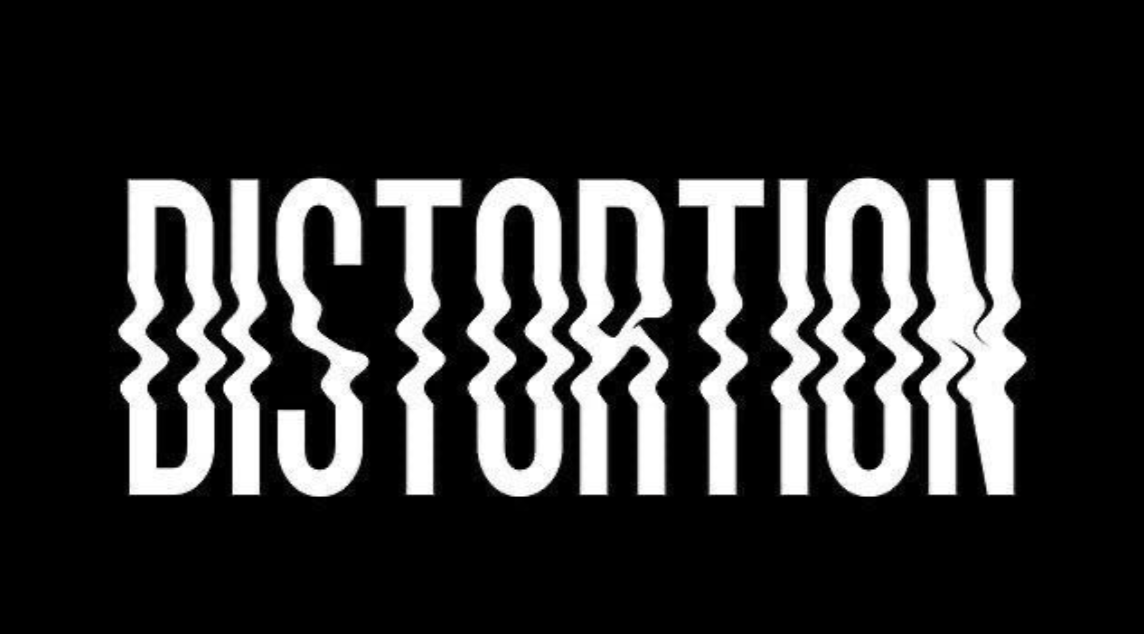How Trending Language Distorts The Meaning of Words

It feels like there is a new word trending online every week. Are you ‘crashing out’ or ‘locking in’? Can you give me your most ‘unhinged’ life advice? What’s your ‘beige flag’? They pop up, float around for a bit, and then disappear relatively unnoticed. About a month ago, everything me and my friends were doing was ‘demure’, now we’re ‘aura farming’.
It’s pretty entertaining and makes sense considering the rate at which other trends are churned out and cast to the side these days. What’s strange to me is not how fast they come and go, but how far they reach. It may seem obvious, but there has been no other point in history when so many people have been fishing from the same linguistic pool. Growing up, slang was generally localised to specific cities, maybe even specific areas within those cities, nowadays, while hyper-local dialects have not disappeared, there is a globalised slang that is spread via social media.
This language bounces around the internet, feeding algorithms from Thailand to Brazil to Canada and creating a kind of homogenised online culture. That’s not inherently bad – it’s fun to see people from vastly different parts of the world engaging in the same trends as you – but within this global, online vernacular (often just a swipe away from the more trivial words) there are some serious terms that find their way into the zeitgeist. Words like ‘neuro-divergent’, ‘woke’, ‘community’, ‘trauma’ and ‘mindfulness’. Words that, when used correctly, have deep and powerful meanings, often rooted in important historical or social contexts.

‘Woke’, for example, was originally used by African-American social activists, most notably Marcus Garvey, in the fight for racial justice. Whilst it is important to note that the distortion of the term is largely a result of its cultural appropriation by right-wing politicians and journalists, it has also manifested in the colloquial language of Instagram memes and TikTok content, with many who use it unaware of its true meaning (to be alert and aware to the discriminatory practices of the US government).
Elsewhere on the internet, the word ‘community’ is employed to describe everything from a Reddit thread to a Taylor Swift fan group. Cafes are described as community-focussed and corporations community-led, as everyone strives to find a sense of ‘belonging’. It’s understandable. As the forces of neoliberalism (spearheaded in the UK by Marget Thatcher who famously once said: “There’s no such thing as society”) silo us off into individual units, we scramble to find the networks that were once so readily available to us - and still are in many other places around the world.
But, ironically, ‘community’ itself – as a word – has been sucked into the chasm of capitalism. As the Icelandic artist Hildigunnur Birgisdóttir told Tank magazine in its Spring 2025 issue: “Community, like any other thing on this planet, has become a potential commodity. A mere merchandise to be sold or bought.” That’s not to say that community as a concept has been commodified, there is still undoubtedly much value in real, physical, consistent connection with a group of people that cannot be marketed in as much as genuine love or genuine happiness can be, but that the word itself has been overused, misused and distorted.

When we are withdrawing from the same lexical bank, words begin to circulate and become, if you will, fashionable. But not all words should become fashionable. Some words should be reserved for use only when use is legitimate. By overusing them, we dilute their meaning over time, meanings that can often be immensely important to a particular group of people.
Take ‘neuro-divergent’ for example. In the past few years, we’ve seen an increase in awareness surrounding neuro-divergent conditions such as autism, ADHD and dyslexia. This is excellent, and has paved the way for more diagnoses, along with better resources to help those experiencing neuro-diverceny in the work place and education system.
Simultaneously, the word ‘neuro-divergent’ – AKA ‘neuro-spicy’ – has become a bit of a buzzword online, with many creators using it to describe behaviors that might not necessarily indicate any of the aforementioned conditions, and generally diagnosing anyone who is slightly disorganised or forgetful with ADHD or autism. This is dangerous because it takes attention away from those who actually need it and reduces the legitimacy of their claims. I’ve heard people complain that “every Tom, Dick and Harry has ADHD these days", which is obviously not true. But, it might be the case that Harry does, and is being overlooked because Tom and Dick’s self-diagnosis has diluted the importance of Harry’s.


Language is a powerful tool. We’ve seen that play out in real time over the past year through the BBC’s biased and manipulative coverage of the genocide in Gaza and Trump’s tactfully named ‘Big Beautiful Bill’ that is predicted to cause over 51,000 extra and unnecessary deaths a year in the US. Words matter.
But some matter less than others. There’s no harm in the trending of internet slang – I look forward to hearing the next word set to grace every other TikTok on my FYP and watch it nestle its way into my friends’ vocabulary for a month. But some words were not made to be ‘fashionable’. It is these we must be more selective with and think carefully about when it is appropriate to use them. Otherwise we risk diluting their meaning and decreasing their impact when they are most needed.
